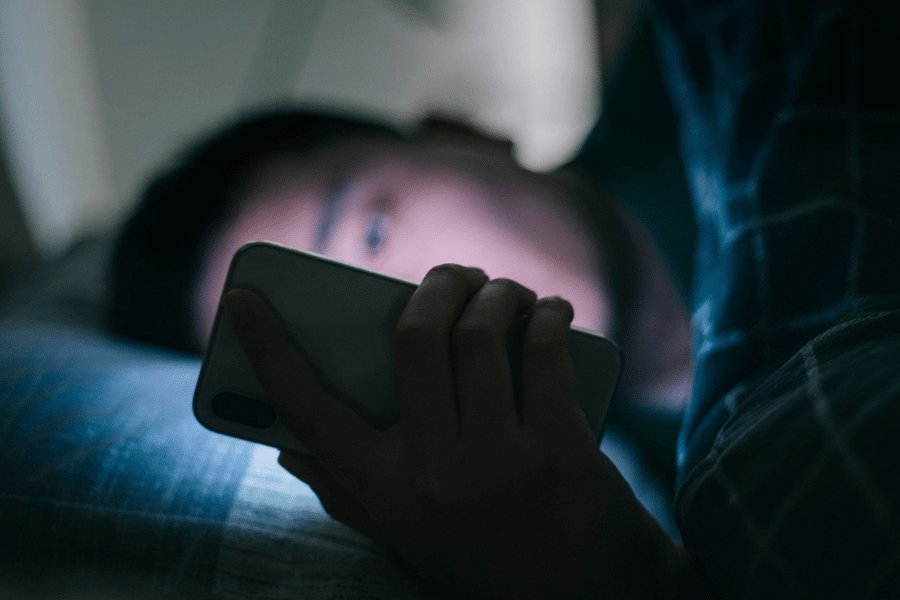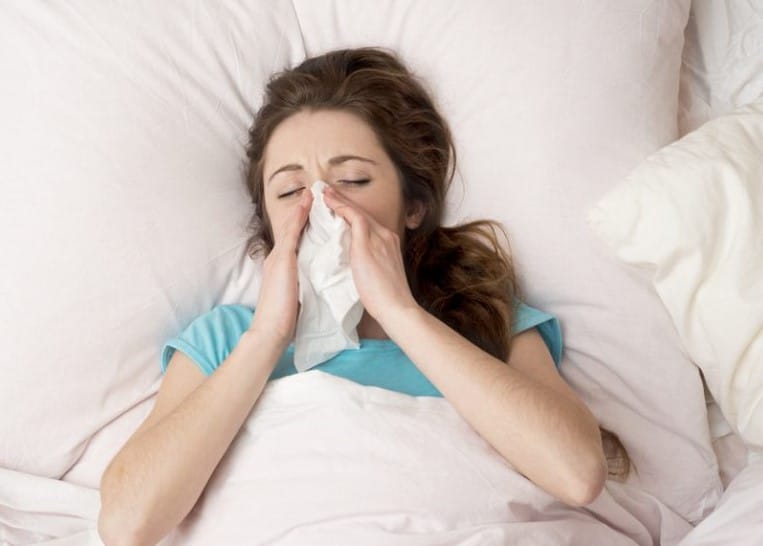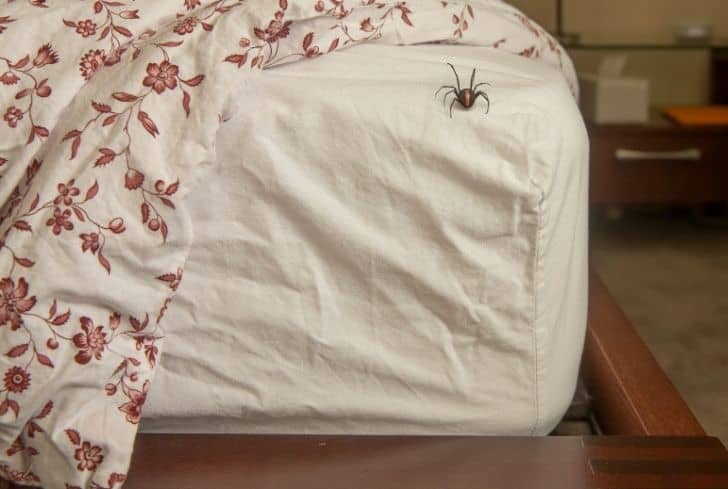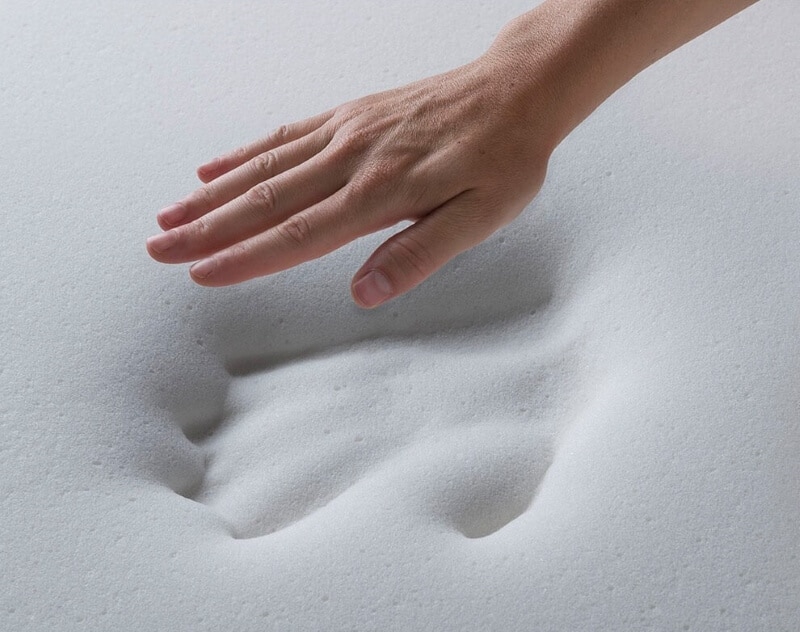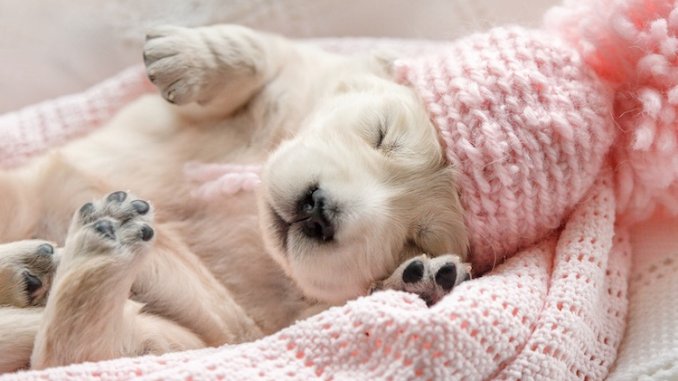

Many people say that they can’t sleep after wisdom teeth removal. As a fact, the teeth Trusted Source The Teeth (Human Anatomy): Diagram, Names, Number, and Conditions WebMD’s Teeth Anatomy Page provides a detailed diagram and definition of the teeth, inlcuding types, names, and parts of the teeth. www.webmd.com are the hardest substances in the human body, and like other mammals, humans are by nature diphyodont. That is, they develop two sets of teeth. This consists of the primary teeth (otherwise referred to as milk or baby teeth), which start to appear at around six months old, the process of which is called teething. However, there are cases where babies are born with one or more visible teeth known as natal teeth. Over time, these primary teeth will make space for adult ones by falling out. A normal adult mouth has 32 teeth, which would have erupted at the age of 13 besides the wisdom teeth. Aside from chewing and providing structural support for the face, the role of the teeth cannot be underestimated as it is also helping your speech and smiles.
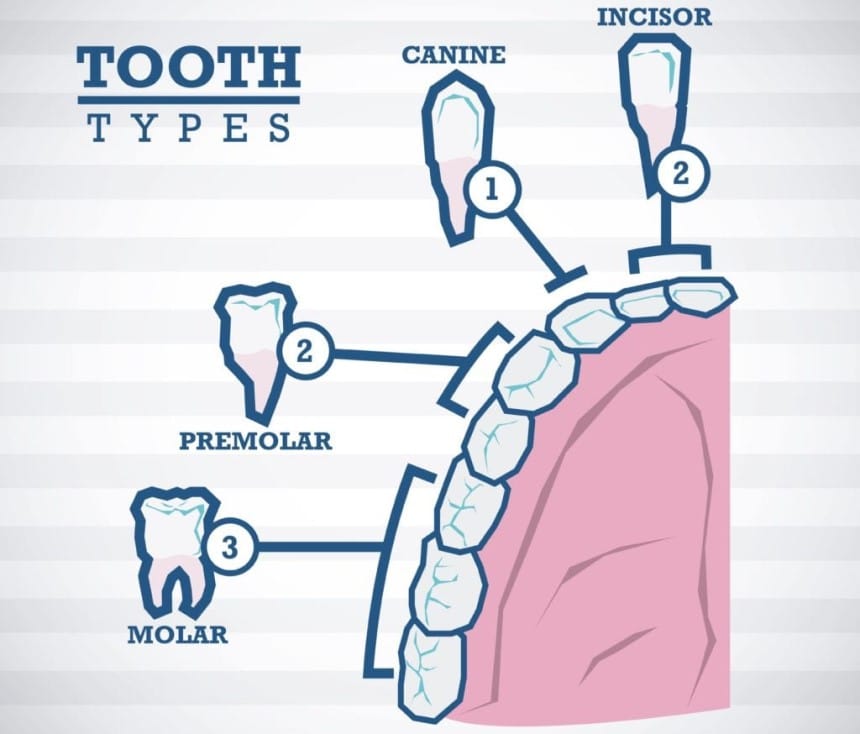
The canines, also called the cuspids, are four in total and are the pointed teeth just outside the incisors. They are the ones that look like the teeth in carnivorous animals such as wolves, tigers, lions and are used to tear food.
Next are the premolars, also called bicuspids, which are situated between the canines and molars used for crushing food. The molars are the flat teeth in the rear mouth used for chewing and grinding food, and finally, the third molars also called wisdom teeth, which erupt around the age of 18.
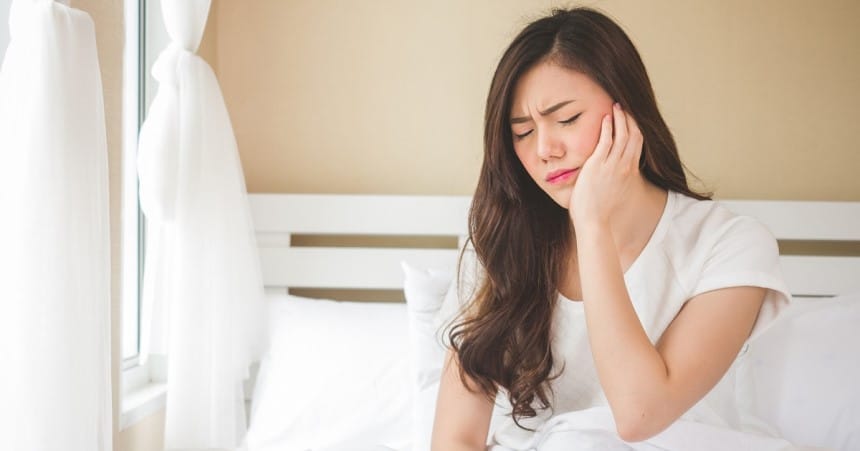
When this impaction occurs, one of the symptoms that follow is insomnia as a result of great pain caused by a sore jaw. In most cases, when a wisdom tooth is troublesome, causes damage to the jawbone or nearby teeth, the best available option will be taking it out. But when it is uncalled for, it is left alone, as reiterated by a renowned dentist Jay Friedman called unnecessary removal of wisdom teeth a “public health hazard”.
The discomfort and distress that subsequently follows surgery can be tough. With painful gums and bleeding, not only is food intake more difficult, but falling asleep can be hard too, and you could feel like you have bid good riddance to your days of good sleep.
This article has come to play as your lucky charm by bringing to your awareness ways of getting an easy sleep after your wisdom teeth removal. The following paragraphs will give you tips and a step by step guidelines on how you can sleep better. Keep in mind not to doubt the recuperative power of the night! For the sake of clarity, this procedure will be in two sessions.
While getting ready for bed, there are a couple of things you need to do.
Removing the gauze in your mouth as leaving it may cause you to choke on it. It is already a safe period to remove the gauze if half an hour has passed since your teeth extraction. As prescribed by your dentist, take your pain medication as it helps you dull the pain to the barest minimum to fall asleep. Hydration is important as it prevents additional bleeding by drinking cool water and avoiding anything that causes discomfort at its tiniest in your mouth.
Put ice on your cheek, that is, the side where the extraction was made so it will reduce inflammation of your gum and in turn cloud the aching and help you fall asleep but be careful not to put it on your cheek for a longer time than necessary.
For a while, postpone your oral belief of brushing twice daily the night after your teeth removal. In essence, do away with brushing your teeth, using mouthwash, or touching your wound with your finger as it may bleed out.
Foremost, keep your head elevated to minimize swelling. Using pillows to keep your body at an angle of 45 degrees and your head elevated will help to sleep. Whatever you do, avoid sleeping on a slippery surface like leather. Keeping your room between the range of 16-17°C by turning the lights off, using heavy curtains on your window will help lower your body temperature as it gets ready for sleep. If you can
administer aromatherapy
Trusted Source
NCCIH Logo
Aromatherapy is the use of essential oils from plants (flowers, herbs, or trees) as a complementary health approach.
www.nccih.nih.gov
, it will aid your sleep since studies have shown that particular scents can tone down stress and promote restful sleep. Last but not least, play some relaxing music to help divert your mind away from the pain, and this helps you sleep well.
This is one of the most asked questions by patients in recovery after a wisdom teeth removal surgery. As we have established in tips that can help you sleep better than you have to sleep laying on your back because sleeping on your side might place pressure on the cheeks, and has a rule of gravity direct more blood to the area, which can pose dangers to you. You will need to do that continuously (sleeping on your back) based on your recovery time, which will be around three to seven days. Some oral surgeons suggest doing this for up to 3-5 days and others the first 24-36 hours. Asking your surgeon for a recommendation is probably the best way to go.
Like behavioral patterns, we all have different sleep patterns, and this may make using pillows for back sleepers difficult for people who aren’t used to it. So, it is suggested that if you fall in this category trying arranging pillows around your neck and head to give you the feeling of support and comfort.
Which Pillow Can Help Me?
Subject to the recommendation in the preceding paragraph, there are pillows that can back up your mission of sleeping on your back. Contemplate capitalizing on brands of bamboo pillows and down pillows generally to help to sleep in an elevated position easier. There are many brands on the market. Experience undiluted comfort with the Original Queen Anne Pillow. You can also go for the Pancake Pillow that allows you to add more layers and increase the angle.
Whether they are keeping you awake literally or figuratively, wisdom teeth removal can be a pain, so it is, therefore, pertinent to know how to sleep after wisdom teeth removal Trusted Source How To Sleep After Wisdom Teeth Removal: 4 Post-Procedure Tips After any surgery, sleeping can be difficult. Here are some tips for how to sleep after wisdom teeth removal. www.colgate.com as it is part of the healing process. Make sure you sleep in the appropriate position, take your medications timely, and treat your mouth with care. In the cases where you are unsure if you have an infection, still unable to sleep after pain, or not or something goes wrong, please waste no time in contacting your dentist!
